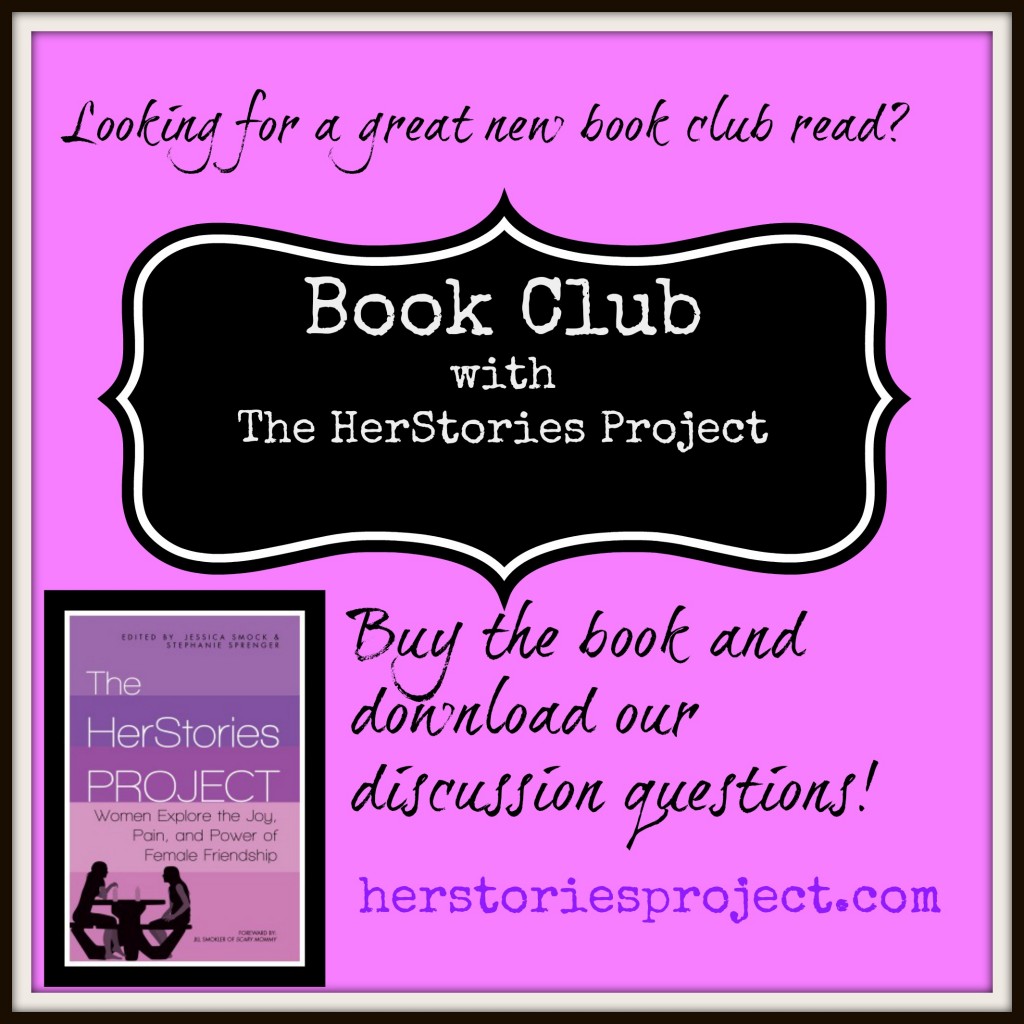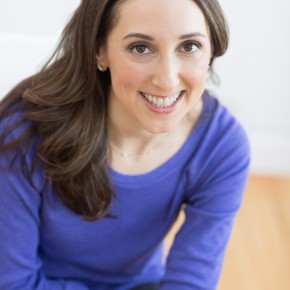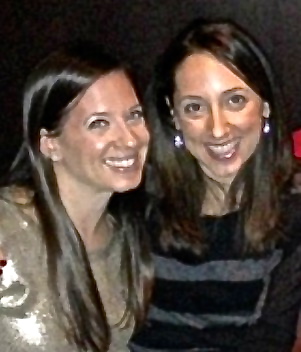Book Club With The HerStories Project
Earlier this week, our contributor Nina Badzin shared her experiences with finding the perfect book club. As her post states, friendships and book clubs don’t always mix. Just because you enjoy the company of certain friends, neighbors, and co-workers doesn’t mean you’d necessarily click as a book club. The dynamics of a perfect book club have always reminded me of finding the right partner: sure, you may enjoy the same movies or share important values, but do you want the same things out of your relationship?
The first book club I ever joined at the ripe old age of 22 made me feel terribly grown-up- I mean, I was in a book club! Wasn’t that what real adults did? Getting together with other intelligent adults to passionately and astutely dissect literature sounded right up my alley. After I forced myself to endure the torture of Kafka’s The Trial, I decided to spice things up with a new, out-of-the-box (heh heh) book about feminism. I chose a somewhat controversially titled book by Inga Muscio. To my great surprise and outrage, both the men and the women in the group tore my selection to shreds. The verbal evisceration continued outside the monthly meeting, extending into strongly-worded email exchanges. That was it. I was out.
My most recent book club fell into the all-too-common trap that Nina alluded to: a bunch of women sitting around talking about their jobs and families and spending perhaps three total minutes talking about the book. Half of the group never read the book, and we too did that awkward dance where we tried to discuss the ending without ruining it for the slackers. “You know… when Martha has her transformation?” we would ask pointedly, raising our eyebrows at fellow book-finishers. “Ohhh, right. I agree- that part was very…pivotal.” Not much of a discussion.
Even when I’m reading a book by myself, I frequently read through the Discussion Questions at the end. For one, if the book was engaging, I’m often in withdrawal already and am anxious to soak up just a few more pages before saying goodbye and moving on my next selection, which I’m already convinced could never measure up to its predecessor. I also enjoy taking a few minutes to process some of the nuances of the characters or plot, and maybe even apply the storyline to my own life.
Not surprisingly, we think The HerStories Project: Women Explore the Joy, Pain, and Power of Female Friendship would make the perfect book club book! We love how the book has inspired women to reflect on their own life experiences and friendships, and what better environment to dig deeper into the power of friendship than a (harmonious, dysfunction-free) book club?
So to help you avoid falling into the traps I mentioned:
a) The unfocused rant conversation
b) The vague, unpleasantly brief, lacks direction discussion
We’ve come up with some book club discussion questions that we invite you to use when discussing The HerStories Project with your book club! We will give them a permanent home in the menu of our website, but here they are!
-
Which stories resonated with you the most? Why? Did they remind you of yourself, or of a particular friendship or time in your life?
-
How long have you known your closest friends? Do you have any of the same friends you’ve had since childhood, high school, or college? When did you meet your current friends?
-
When you think of your current friendships, how did you meet? Why did you decide to become close friends?
-
Which qualities are most important to you in a friend? What important qualities do you bring to your friendships?
-
If you are a mother, did you make any new friendships during your transition to motherhood? What did these relationships do for you? If you are not a mother, were there important transitions in your life– graduation, move to a new city, a new job, marriage– that brought new friends into your life? Why do you think we tend to form new friendships during these stages of extreme change and flux?
-
Have you ever had a friendship breakup? Did you initiate it, or did your friend “break up” with you? How did you feel about it? Were you sad or relieved? Do you still miss your friend?
-
Are there friends who are no longer in your life that you wish you could reconnect with? What would happen if you did, and what reasons would compel you to try again or keep your distance?
-
Have you ever mourned the loss of a friend? What helped get you through it?
-
How are your friendships similar to romantic relationships? How are they different? Are you more or less emotionally intimate with your girlfriends than you are with your partner?
-
How often do you need to spend time with your friends to feel happy and balanced? What obstacles do you face that prevent you from staying in touch with your friends? How can you stay more connected and still make time for yourself, your family, and your job?
 If you haven’t bought your copy of the book yet, you can order one right here, and send your fellow book club members over, too! In the spirit of friendship, consider buying The HerStories Project for a friend for February 14th: International Book Giving Day. We think it is a great tribute to the importance of female friendship in a woman’s life.
If you haven’t bought your copy of the book yet, you can order one right here, and send your fellow book club members over, too! In the spirit of friendship, consider buying The HerStories Project for a friend for February 14th: International Book Giving Day. We think it is a great tribute to the importance of female friendship in a woman’s life.
Happy Reading!











